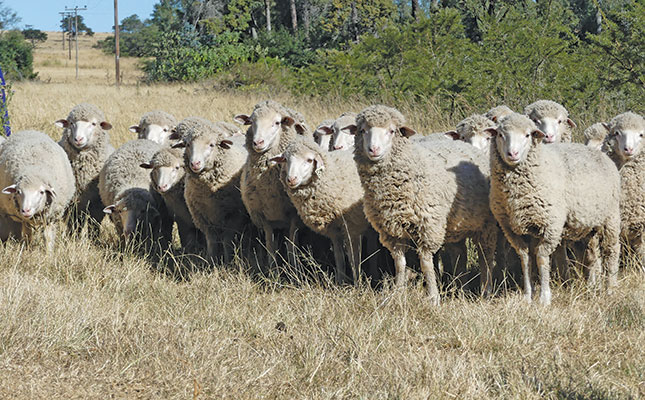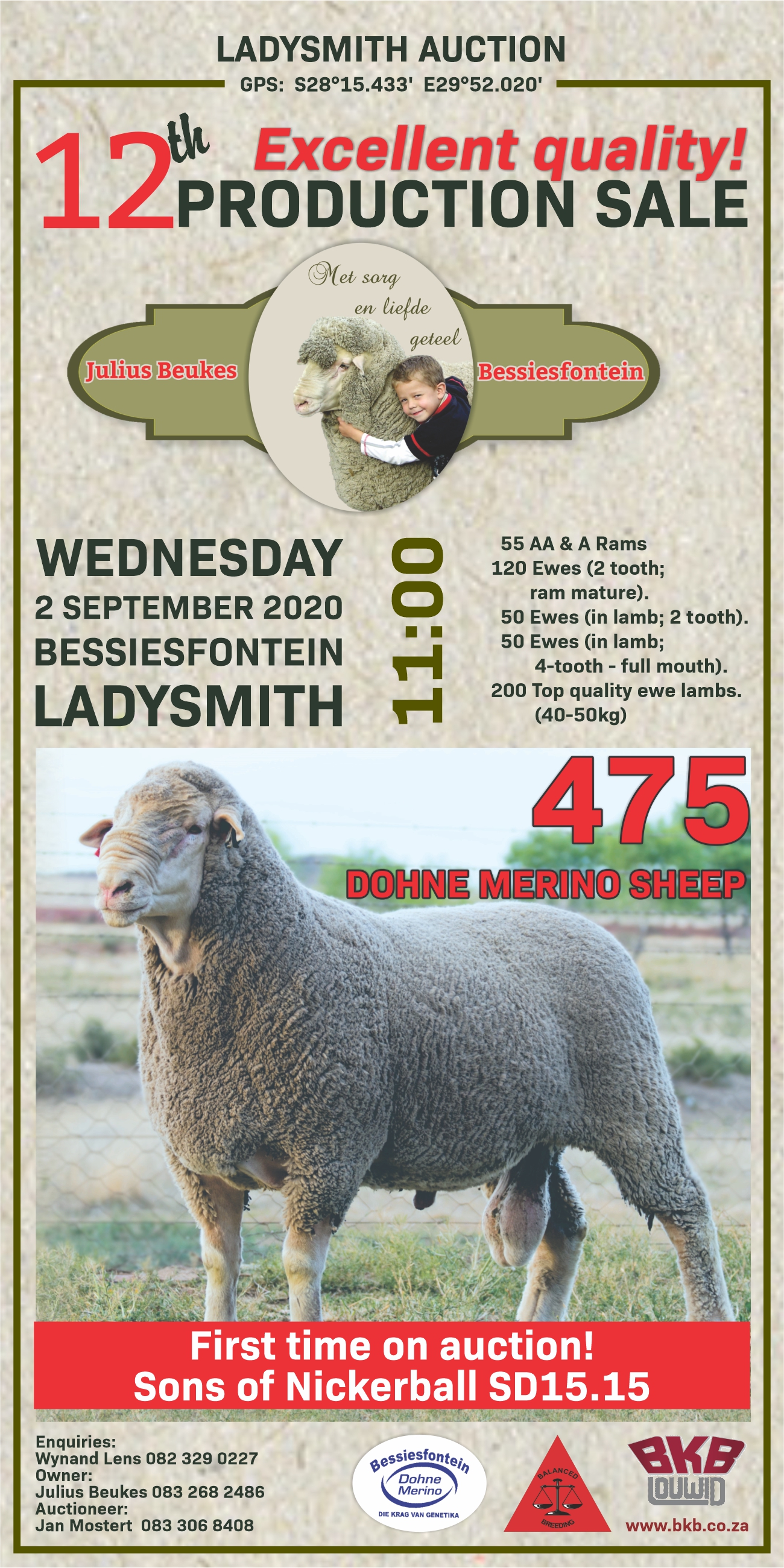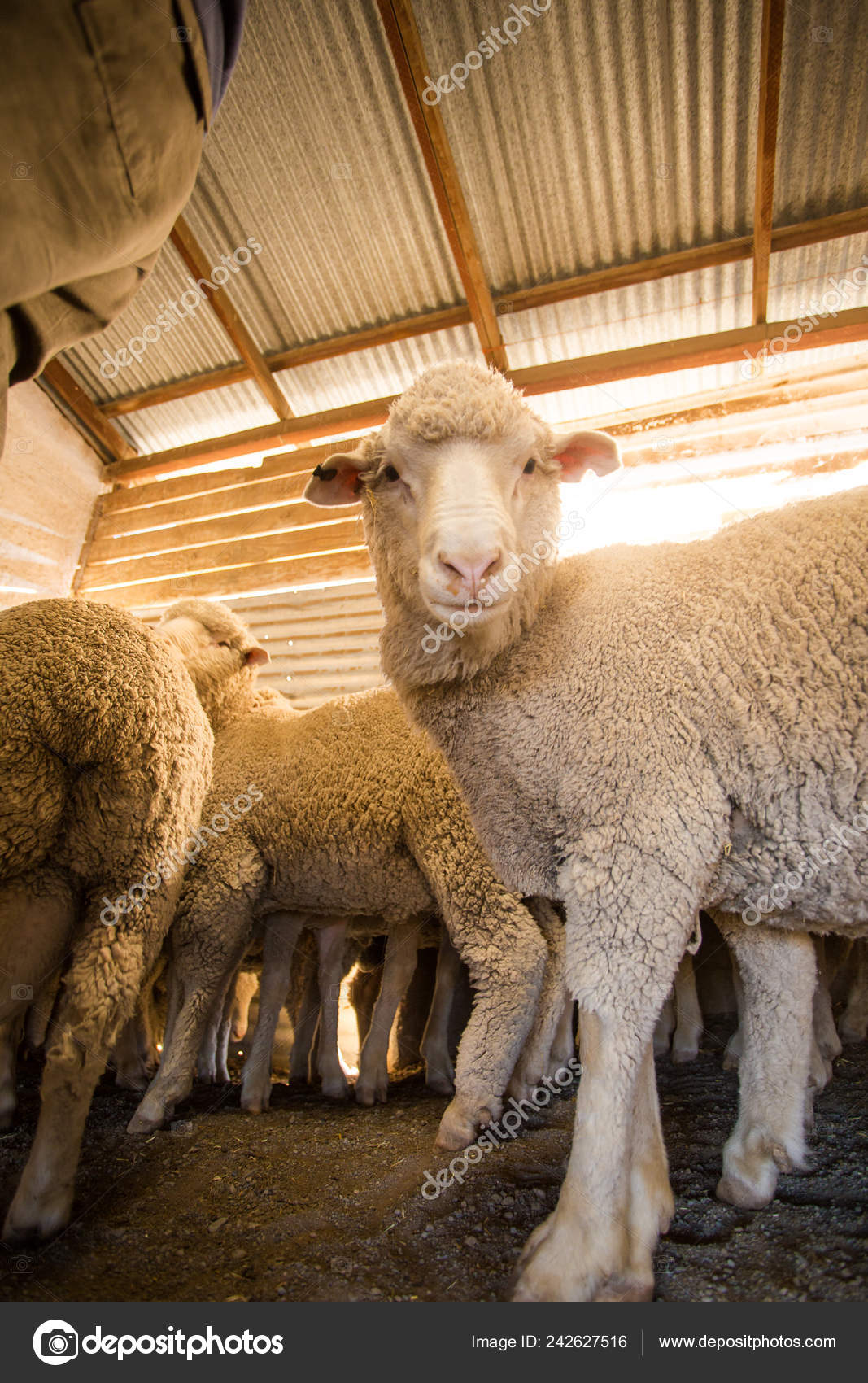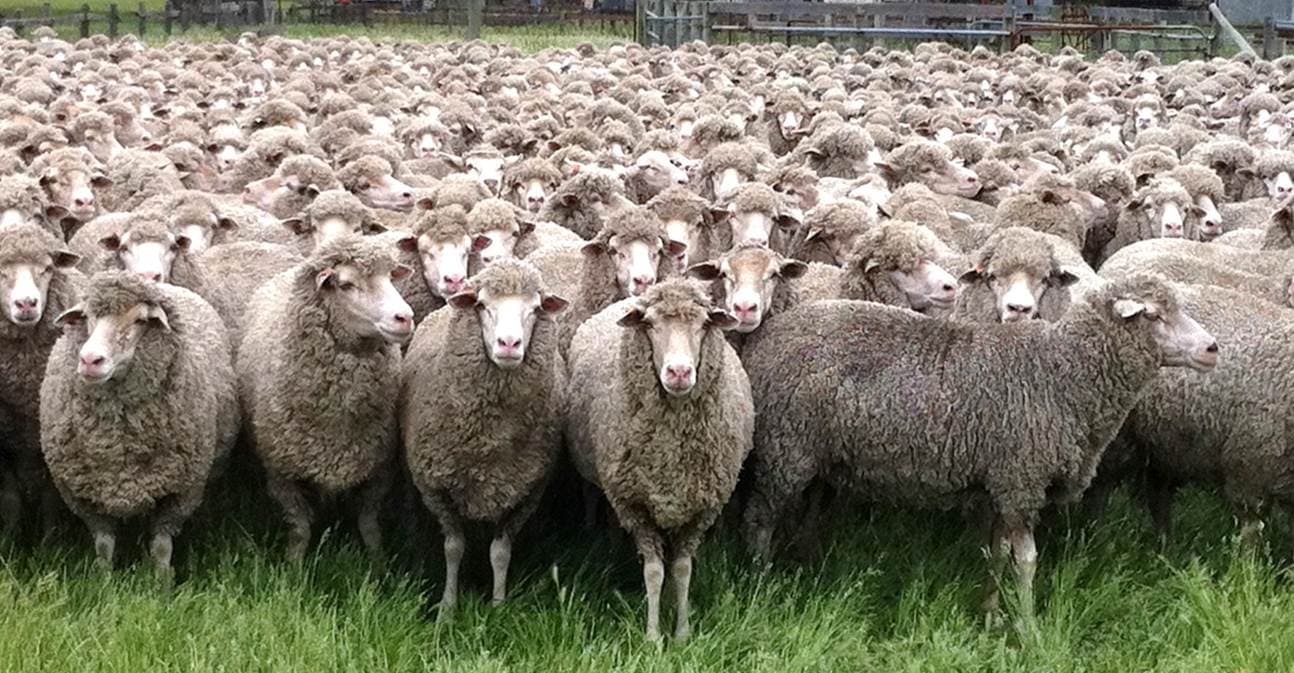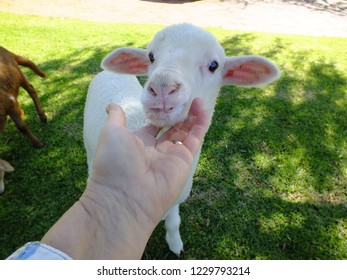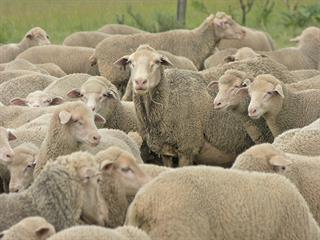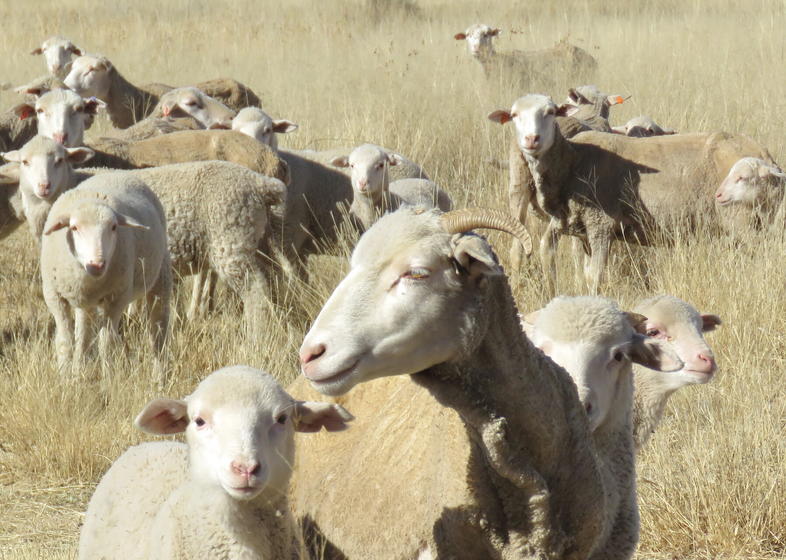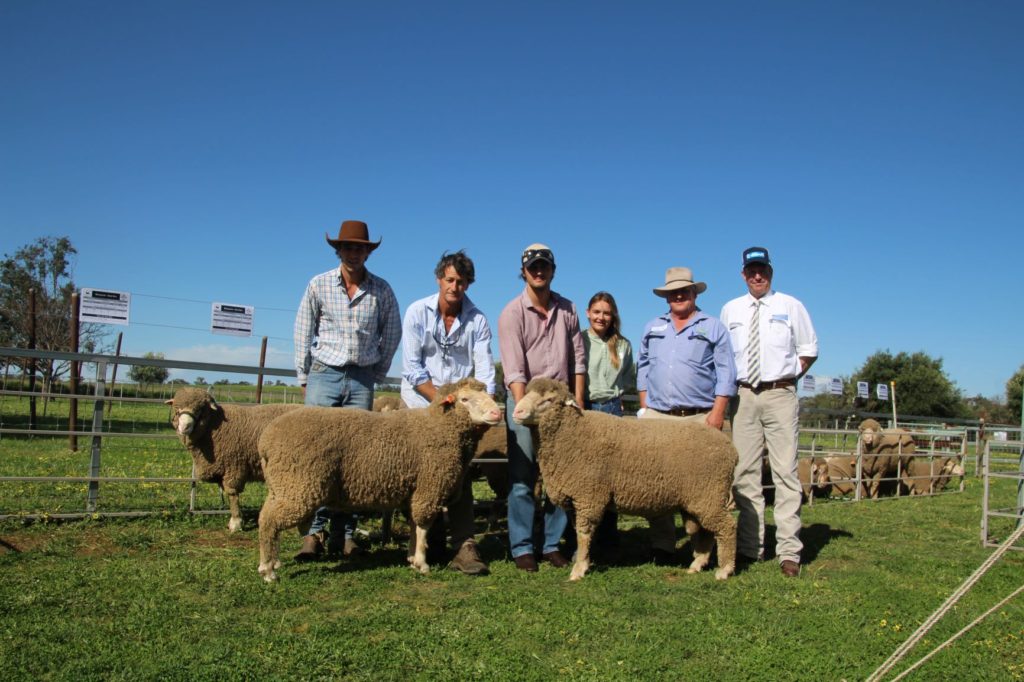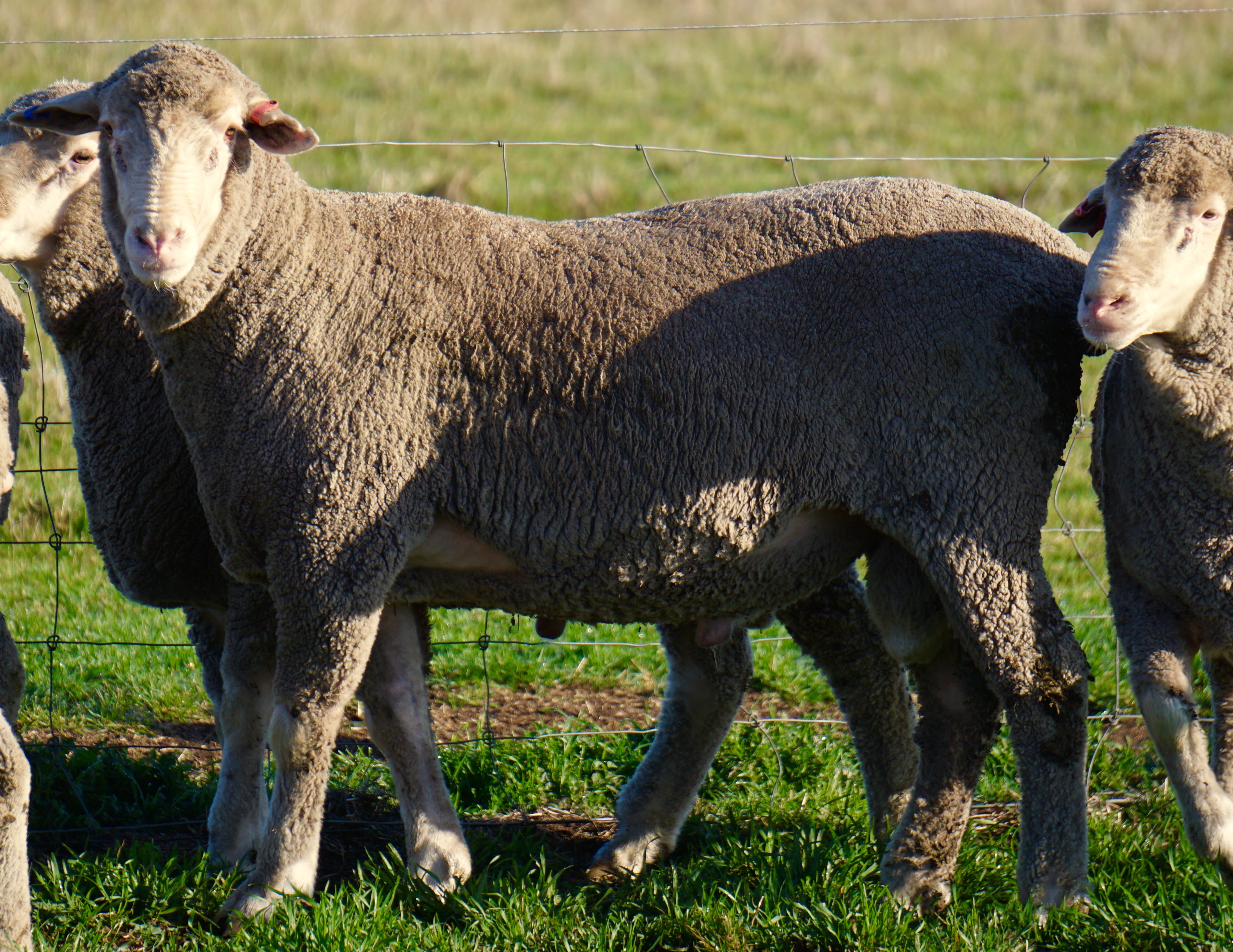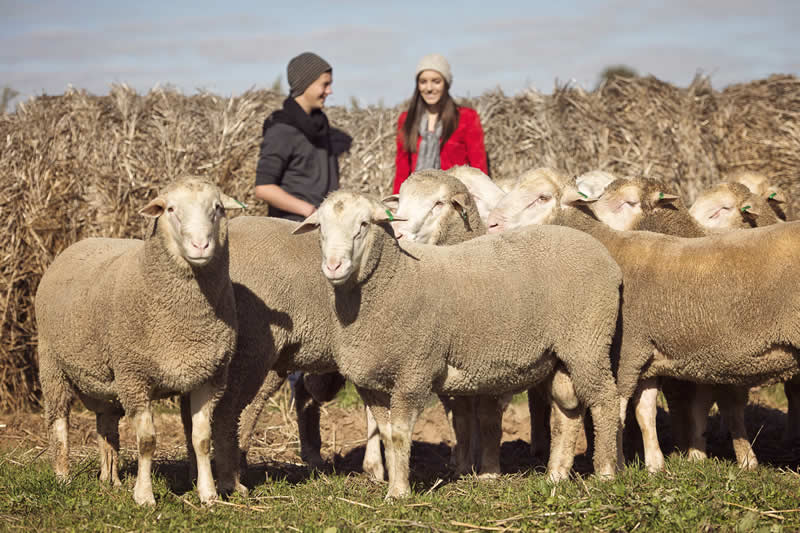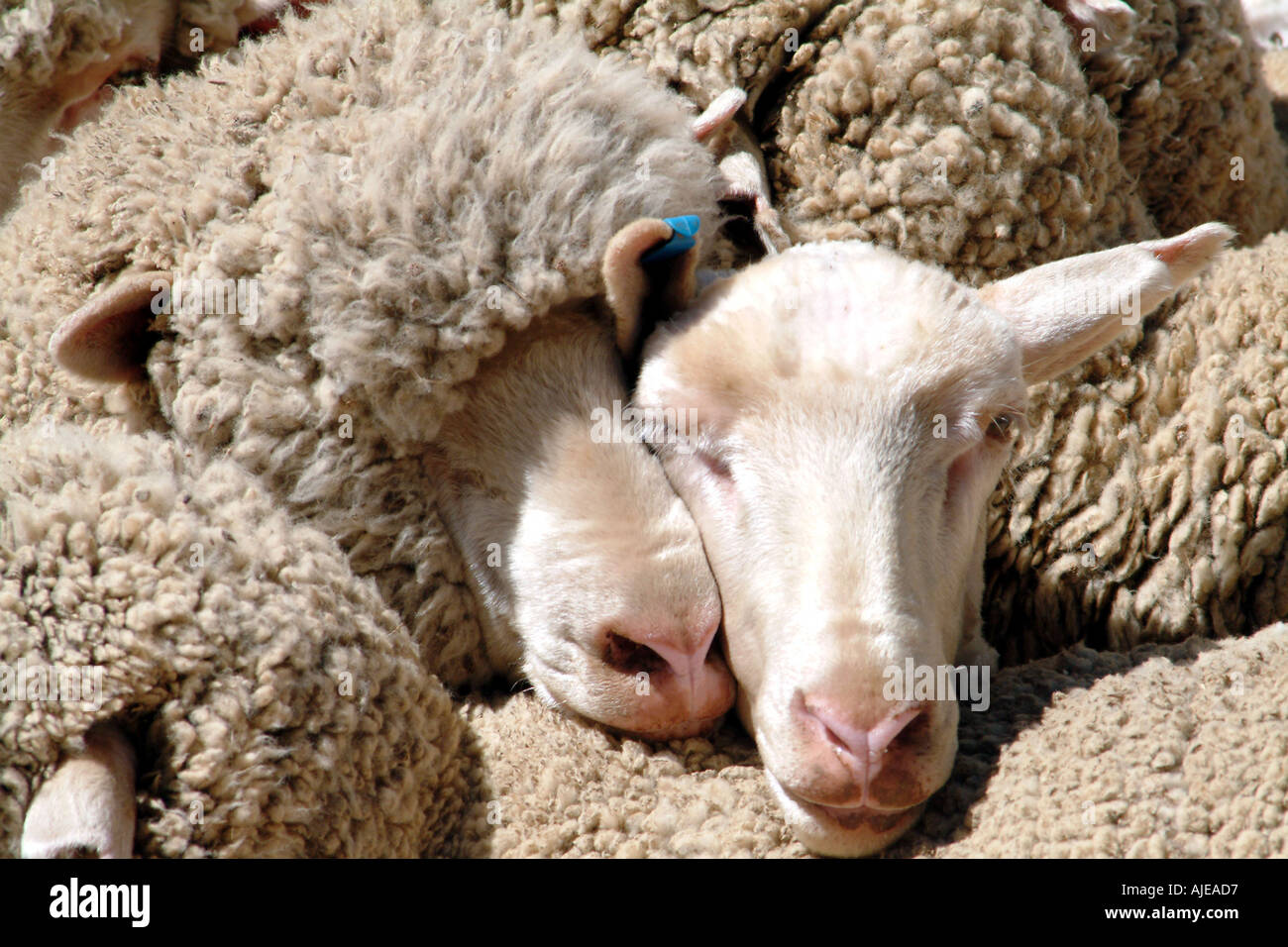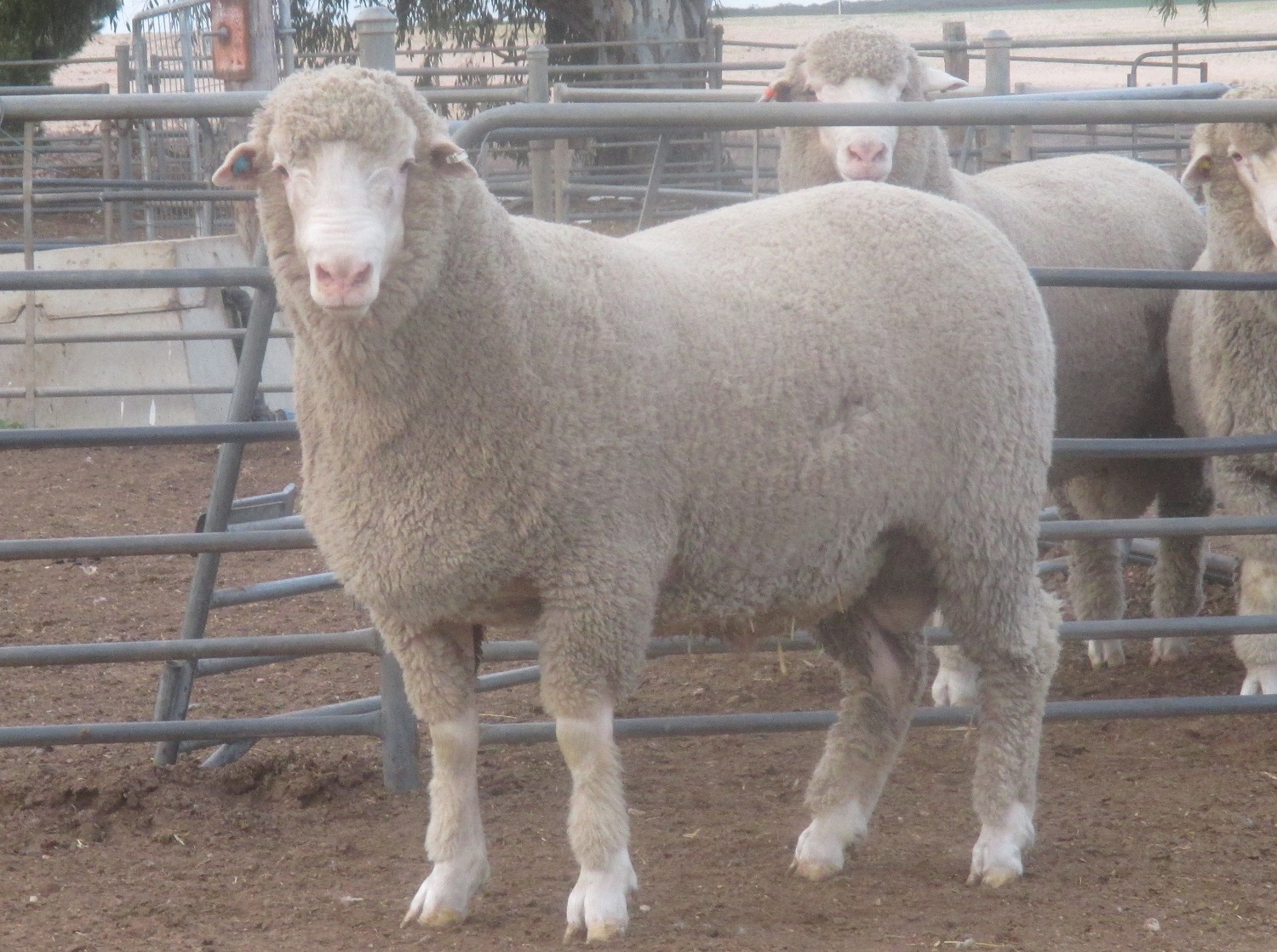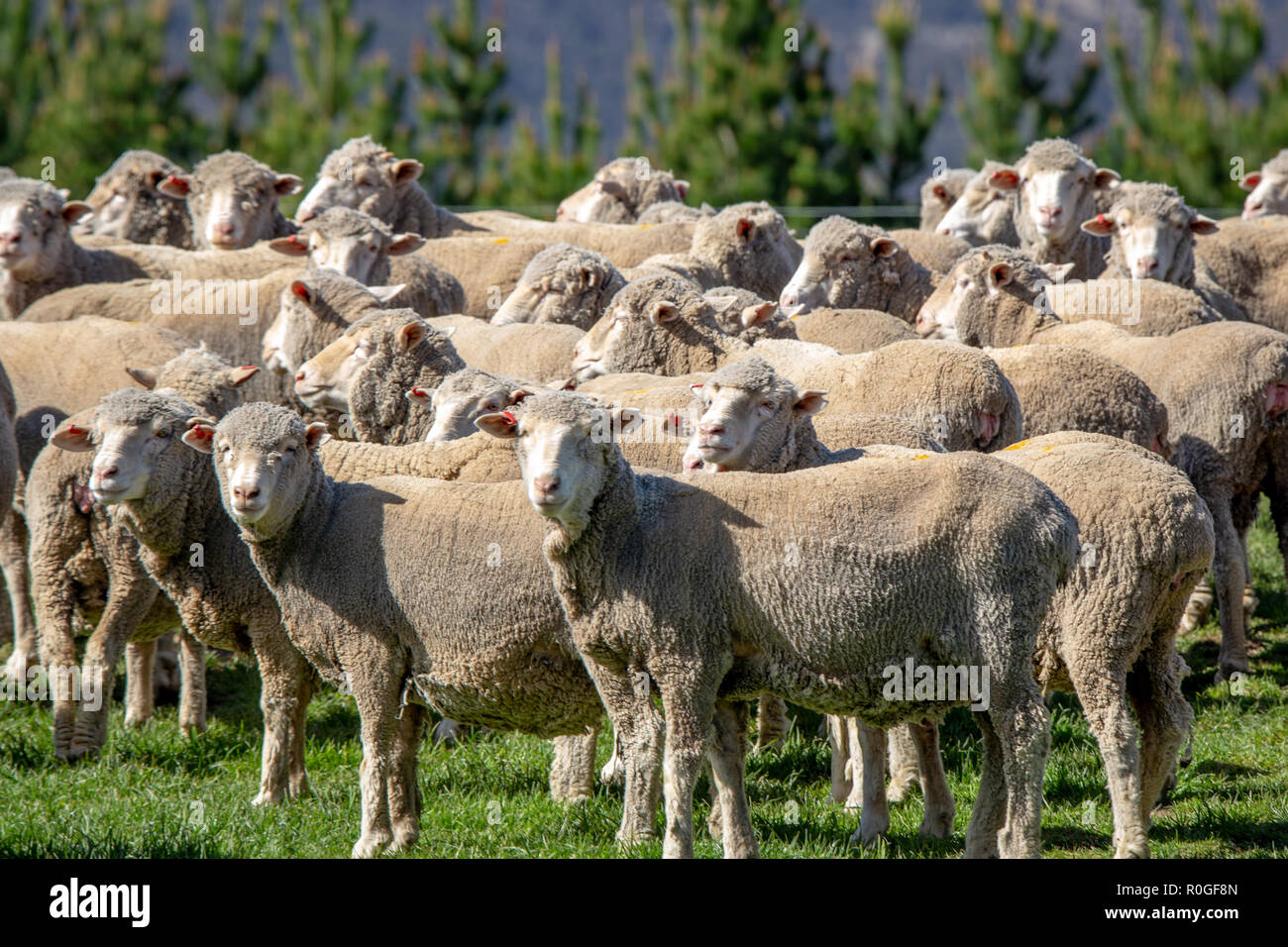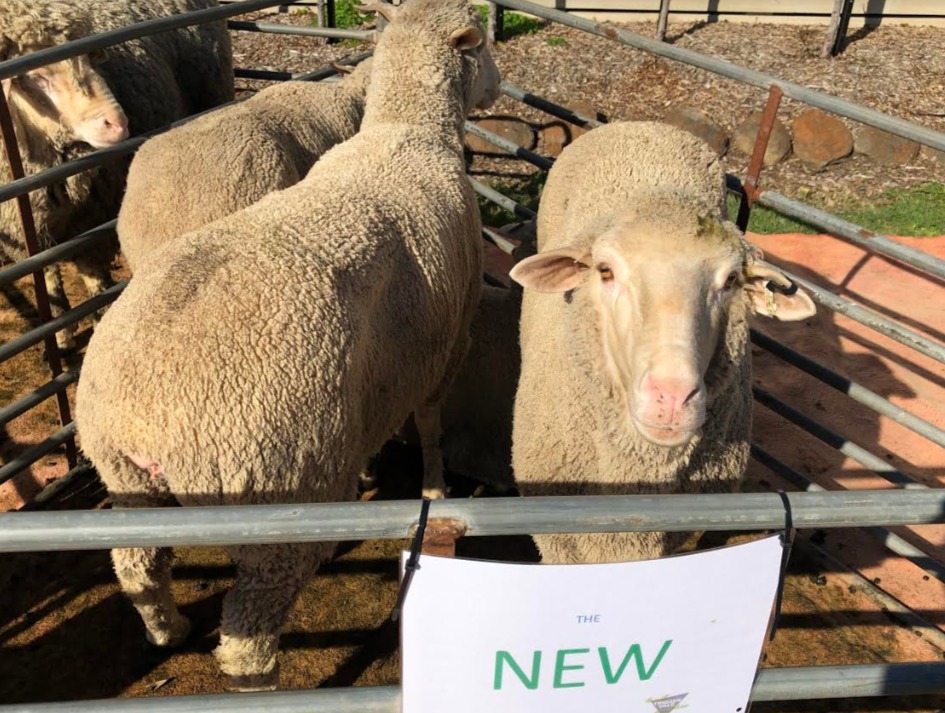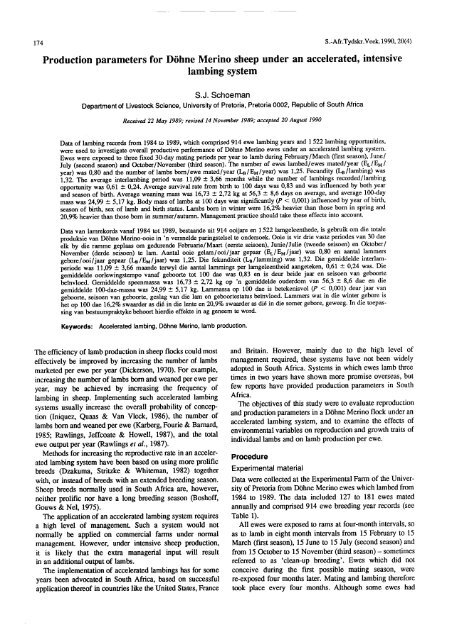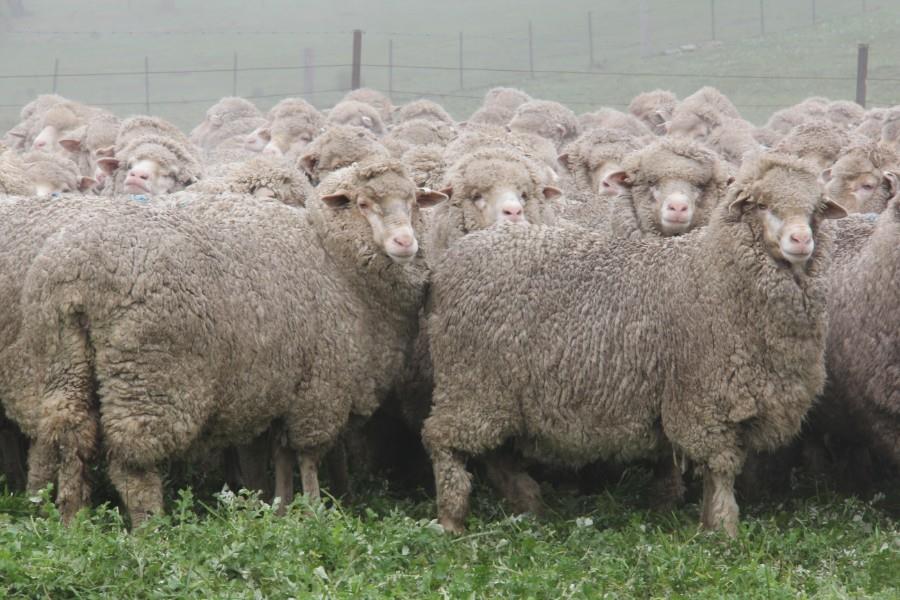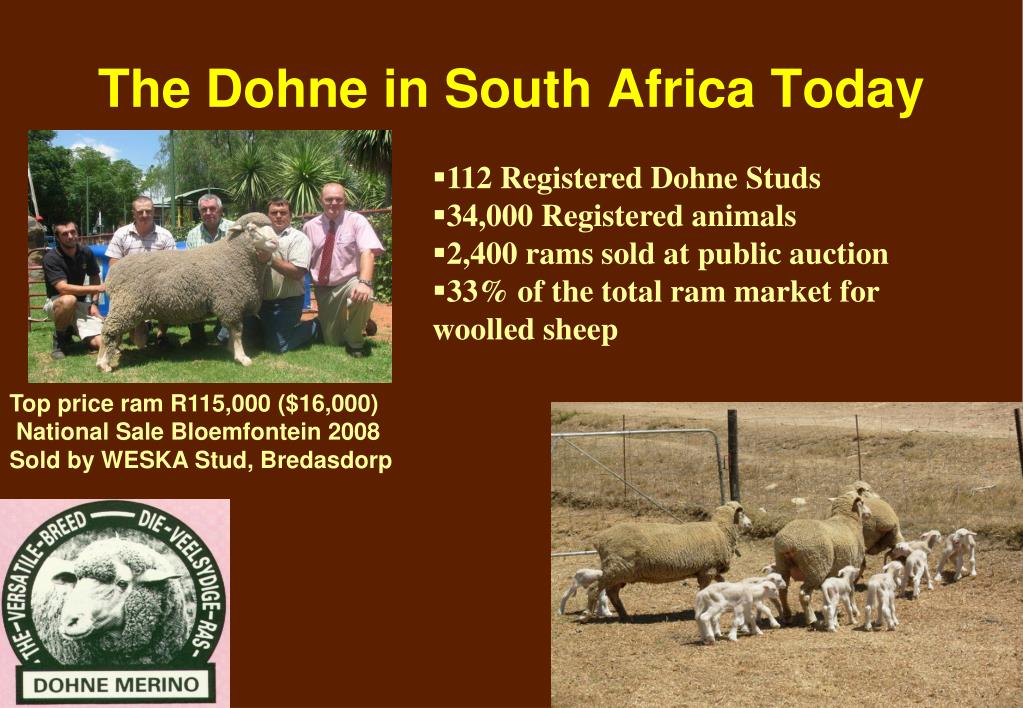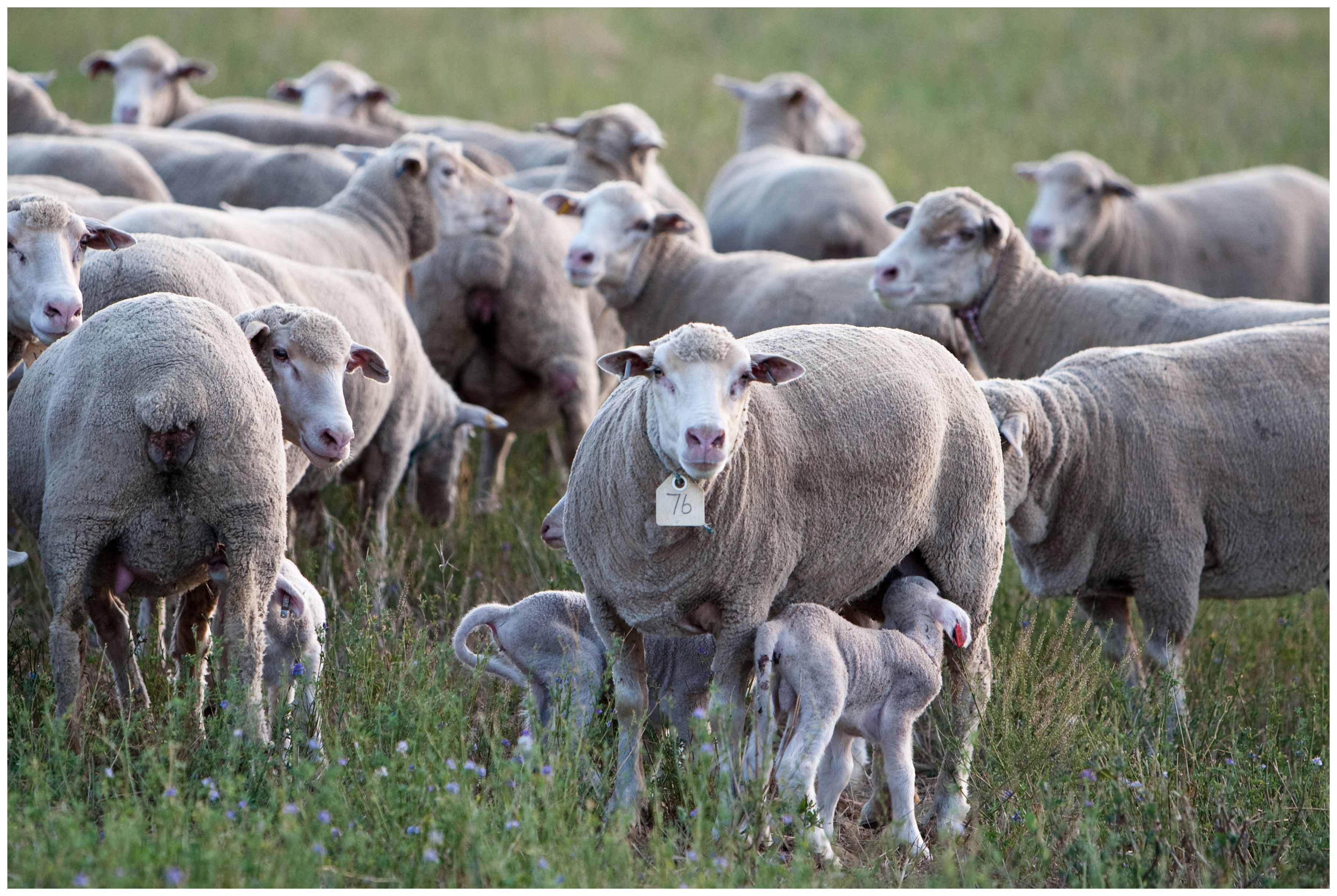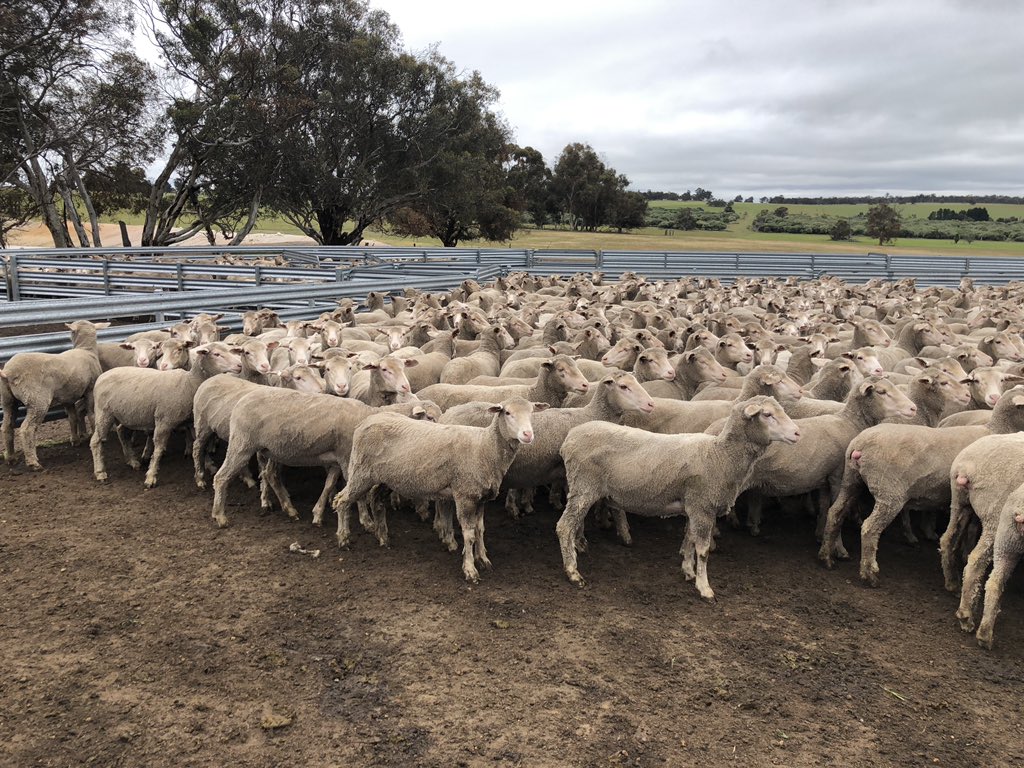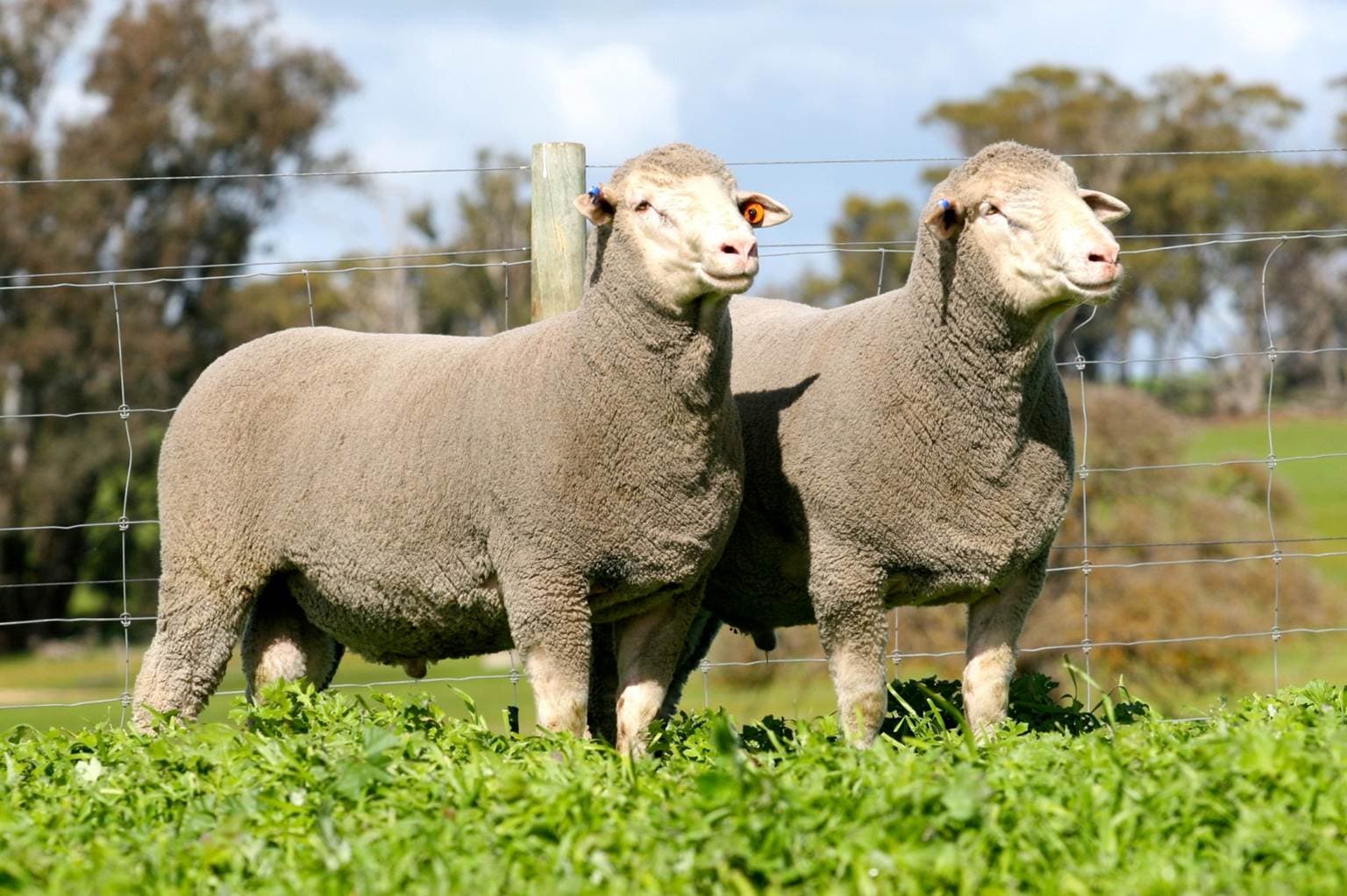Dohne Merino Ewe
Welcome to dohne merino practical information for dohne merino breeders on the genetic potential of their sheep.

Dohne merino ewe. The lambs weighed 485 kg 112 at birth and their shoulder width measured 704 cm 1006. The dohne merino ewes took 6311 4751 minutes on average to expel the new born lamb as measured from the start of stage 2 of parturition. Asbvs embracing modern up to date performance breeding.
The dohne merino is a dual purpose breed providing meat and fine wool. The dohne merino sheep is a breed of domestic sheep which was originated from south africa. Sale and semen catalogues.
See why dohnes are the choice for the next generation. Fertility non seasonal breeders with a high libido and fecundity. Dohnes are highly fertile naturally bare breeched ideal where a self replacing flock is required adaptable to a broad range of climatic conditions has quality white fine merino wool and produces fast growing prime lambs.
The dohne the smart choice other breeds have tried to emulate the dohne but the rigid breeding philosophy over nearly 80 years puts the dohne at the forefront. It is also called dohne or el dohne merino. It was originated in spain and it is highly prized for its wool.
The dohne merino dohne el dohne merino is a breed of domestic sheep from south africa. The breed was started in the late 1930s by the south african department of agriculture. Sheep were introduced by the phoenicians from asia minor into north africa.
Dohnes have proven their superior mothering ability and growth rates to meet lamb market specifications and also still produce a reasonable fleece at shearing. The merino sheep is a very important and popular breed of domestic sheep. And the breed was developed by the south african department of agriculture.
Asbvs by flock id breed sex and drop. The dohne merino is a naturally polled plain bodied sheep with white wool and adult ewes weigh between 50 and 75 kg. It is a pretty new breed and was actually developed in the late 1930s.
These ewes are intended to be used in all small stock projects of the university. It was developed by interbreeding peppin style merino ewes and german mutton merino rams. The modern merino sheep were domesticated in australia and new zealand.
Dohne merino ewes born as one of a twin or multiple had slightly bigger measured pelvic areas than singles. The dohne fits into our sheep and cropping operation efficiently as documented below. Koos vosloo the strategy of the university will be to expand their dohne.
Since the inception of the dohne breed in our property we have seen the benefits of the breed.





